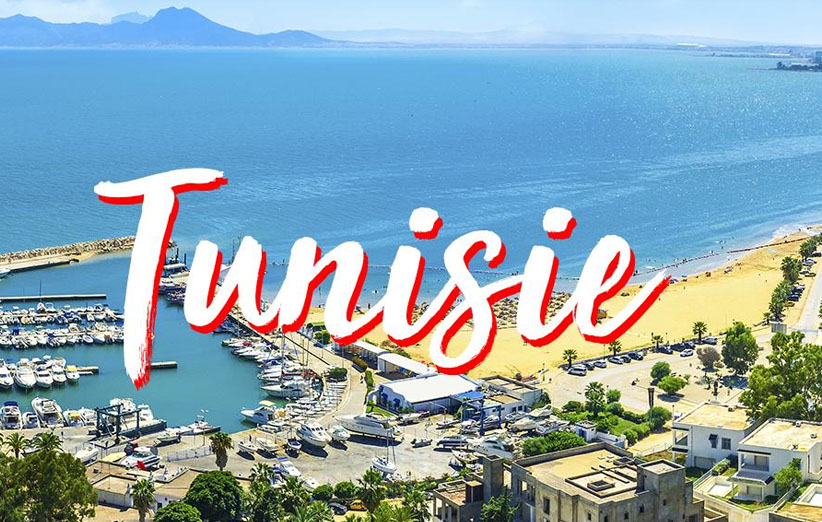(3 minutes read)
Tunisians are divided about the content of the controversial draft of the constitution released last week, while the referendum is scheduled for July 25, exactly a year after Tunisian President Kais Saied suspended parliament on the plea that it was to “save the country” from the political and economic crisis. However, his opponents claim that the move was to centralize powers and to turn the country into a totalitarian state.
Tunisians are divided about the content of the controversial draft of the constitution released last week, while the referendum is scheduled for July 25, exactly a year after Tunisian President Kais Saied suspended parliament on the plea that it was to “save the country” from the political and economic crisis. However, his opponents claim that the move was to centralize powers and to turn the country into a totalitarian state.
The new draft would give broad powers to the president and curtail the authority of the prime minister and parliament. Several organizations, including the powerful UGTT central trade union, have deplored the absence of public dialogue in preparing the new constitution.
Read Also:
https://trendsnafrica.com/tunisian-president-unveils-draft-constitution/
https://trendsnafrica.com/tunisians-protest-against-constitutional-referendum/
https://trendsnafrica.com/tunisian-draft-constitution-to-be-presented-on-15-july/
The draft text, published recently, would give the president greater executive power than the prime minister and establish a bicameral parliamentary system for the first time. That would be a shift from the current constitution, which sought to limit presidential powers after the Arab Spring protests. The new constitution would give the president the right to appoint the prime minister and the ministers and to fire them at his will. It restricts presidents to two five-year terms. It also removes the mention of Islam. The referendum on the constitution if adopted would enter into force as soon as the results of the vote are announced.





